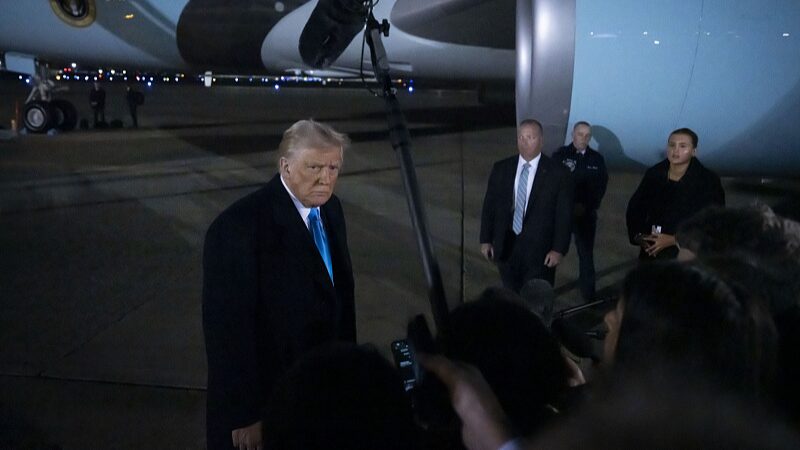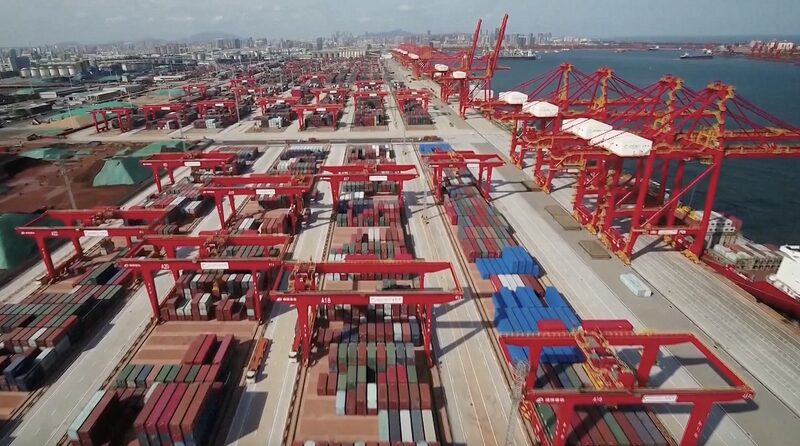Analysts warn that aggressive US tariff measures, introduced under "America First" trade policies, may inflict long-term damage on the country's own economic stability. Su Qingyi, a researcher at the Chinese Academy of Social Sciences, highlights that tariffs targeting sectors such as fentanyl-related products and steel under Section 232 could ultimately backfire, eroding domestic growth and corporate competitiveness.
Threats to Economic Expansion
Economists project that implementing "reciprocal tariffs" could slash US real GDP by 3.84% over three to five years, equivalent to $1.07 trillion in losses based on 2024 GDP levels. Retaliatory measures from trading partners may amplify these losses, further destabilizing global supply chains and market dynamics.
Corporate Competitiveness at Risk
US firms reliant on imported materials face squeezed profit margins due to higher input costs, forcing tough choices between raising consumer prices or cutting operational expenses. Both scenarios risk reduced market share and long-term erosion of international competitiveness, particularly in industries integrated into global production networks.
Reference(s):
cgtn.com








